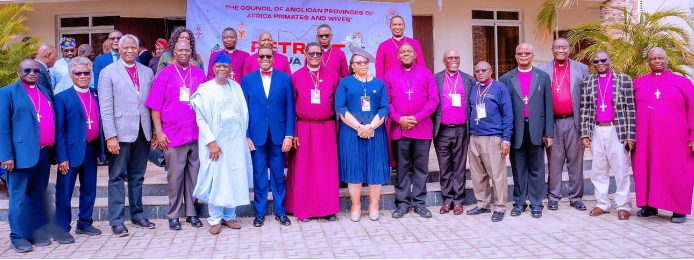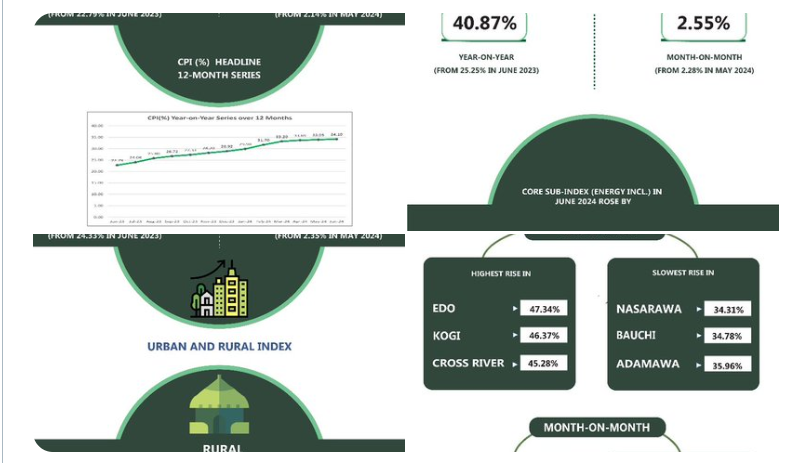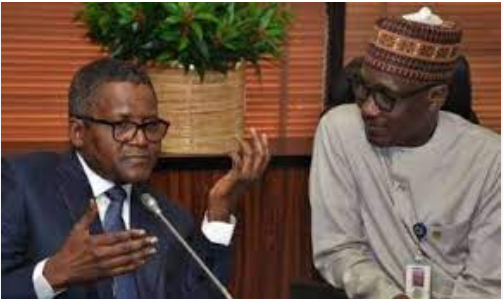By Joke Kujenya
PRESIDENT OF the African Development Bank (AfDB), Dr. Akinwumi Adesina, has criticized Nigeria’s decision to permit extensive food importation.
He warns this policy risks undermining the country’s agricultural sector.
Adesina voiced his concerns following the announcement by Nigeria’s Minister for Agriculture, Abubakar Kyari, on July 10.
The government plans to suspend duties, tariffs, and taxes on the importation of maize, brown rice, wheat, and cowpeas for 150 days.
Adesina spoke at a retreat in Abuja, addressing African Anglican Church Primates.
He called the new policy “depressing” and cautioned that it might negate the progress and investments made in Nigeria’s agriculture.
“Nigeria cannot rely on food imports to stabilize prices,” Adesina stated.
“We should be producing more food, creating jobs, and reducing foreign exchange spending to stabilize the Naira.”
He stressed that Nigeria must not become a food import-dependent nation.
“Nigeria must feed itself with pride,” he asserted, warning that dependence on foreign food undermines true independence.
Condolences and Appreciation
Governor Caleb Mutfwang, leading the delegation, thanked Akpabio for his condolences and support.
Mutfwang highlighted the state’s ongoing efforts to strengthen legislative frameworks, including participation in hearings on the Nigerian Institute of Mining and Geosciences (Repeal and Enactment) Bill, 2024.
He expressed hope that Plateau State would host the new university being proposed.
Africa’s Agricultural Potential
During his address, Adesina reminded the audience of Africa’s vast agricultural potential, noting that the continent holds 65% of the world’s uncultivated arable land.
He emphasized that Africa’s agricultural development is crucial for global food security, predicting that the African food and agriculture market will reach $1 trillion by 2030.
Adesina highlighted the AfDB’s $25 billion programme aimed at transforming agriculture by delivering high-performing agricultural technologies to 40 million farmers, making Africa food self-sufficient by 2030.
He shared successes in Ethiopia, Sudan, and other African nations, where these technologies have significantly boosted food production.
Notable Collaborations
For Nigeria, Adesina noted the AfDB’s collaboration with the Islamic Development Bank and the International Fund for Agricultural Development.
Together, they have provided $520 million to establish Special Agricultural Processing Zones, promoting private agribusiness and value addition in agriculture.
Additionally, the AfDB has provided $134 million for emergency food production in Nigeria to combat food price inflation by boosting local wheat and cassava production.
Adesina urged the Nigerian government to leverage the AfDB’s investments and support, showing greater commitment to achieving food self-sufficiency and incentivizing private sector agribusinesses.
He called for visionary leadership and strategic solutions to transform agriculture and end hunger in Africa.
The retreat in Abuja, organized by the Council of Anglican Provinces of Africa (CAPA), brought together leaders representing over 40 million Anglicans.
The host, Reverend Henry C. Ndukuba, and other dignitaries, emphasized the role of the church in fostering collaboration and addressing critical issues like food security and financial sustainability.
Emeritus Professor Olugbemiro Jegede highlighted the significant representation at the retreat, with every Primate representing a region and millions of Anglicans listening to their discussions.
The AfDB continues to support Africa’s agricultural ambitions, mobilizing $4.5 billion for the development of 28 Special Agro-Industrial Processing Zones in 11 countries.
The Bank aims to move Africa up the global agricultural value chain, working closely with partners and the Anglican Church to achieve holistic transformation.
Dr. Jackson Ole Sapit, Archbishop of the Anglican Church of Kenya, called for greater cooperation between the AfDB and the Anglican Church.
He emphasized the need for African solutions to African problems and highlighted the potential for collaborative efforts to bring about significant change.
At JKNewsMedia, our dedication to delivering reliable news and insightful information to our cherished readers remains unwavering. Every day, we strive to provide you with top-notch content that informs and enlightens. By donating to JKNewsMedia, you directly contribute to our mission of delivering quality journalism that empowers and informs. Your support fuels our commitment to bringing you the latest updates and in-depth analysis. Let's continue to uphold the highest standards of journalism and serve our community with integrity and dedication. Thank you for being a part of the JKNewsMedia family and for your ongoing support.





